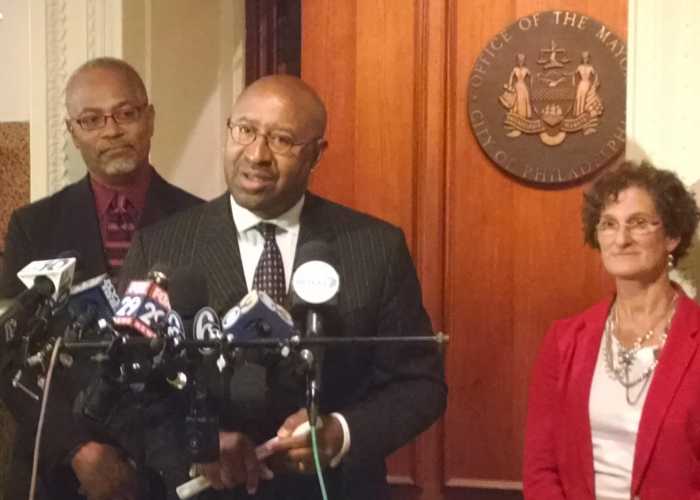Nearly 18 months after a tourist visiting Philadelphia was crushed to death by a Ride the Ducks amphibious tour boat, the company that operates them is abandoning the city, citing rising insurance costs. “As ofOctober 5, 2016, Ride The Ducks Philadelphia has suspended operations indefinitely,” the company abruptly announcedon its website on Wednesday night. “We regret having to close our operation and send good wishes and brotherly love to the people of Philadelphia.” Sadly, the amphibious tour boats that give children and tourists a fun way to see cities from the streets and nearby waterways have been involved in multiple deaths over the years in the various cities where they operate, including Philly, Boston and Seattle (not all duck boats are operated by the same company). Philly attorney Robert Mongeluzzi, who is representing a tourist’s family in a pending lawsuit and is an expert in duck boat crashes, called for all duck boat tours to be halted after a 28-year-old woman on a motor-scooter was hit and killed by one in Boston in April. Boston Duck Tours decided to add a crew member to their tours as a safety measure three months after the fatal accidentt.
“How many more people have to die in duck boat accidents before authorities realize they are deadly on land and in the water,” said Mongeluzzi. “Through our experience representing victims of duck boat disasters we’ve determined they are fatally flawed; they’re death traps on the water due to their hazardous canopy design and on land they are engineered to restrict the peripheral vision of the operator, creating significant blind spots.” Last year In Philadelphia, 68-year-old Elizabeth Karnicki of Beaumont, Texas, was killed in front of her husband while crossing 11th and Arch streets by a Ride the Ducks vehicle. Witnesses reported that the tourist was looking at her iPad and crossed against a red traffic light. But Mongeluzzi argued that the design of the duck boat—based on an amphibious vehicle designed in World War II that positions the driver 10 feet above street-level—prevented Karnicki from properly seeing the traffic light, as well as preventing the driver from seeing her walk into the street. Karnicki’s death came five years after a barge hit a duck boat in the Delaware River, killing two Hungarian tourists and injuring dozens. Mongeluzzi’s firm won a $17 million settlement in that case from Ride the Ducks and the barge operator’s company. A year ago, four international students on a charter bus in Seattle were killed when a duck boat plowed into the side of their bus. And last year in Texas, a tour boat killed a pedestrian.
According to Ride the Ducks, a 330-percent increase in insurance costs for their Philadelphia operations forced them to close. They’ll be laying off 42 full and part-time employees in the city.
It remains to be seen what impact losing the duck boat tours will have on Philadelphia.
“There’s other ways to travel or tour the city,” said Lauren Hopewell, 32, of North Philly. “If it’s for overall safety, that’s good. If people died, of course the insurance went up.” Others were indifferent to the boat tours ending.
“When I heard what happened, I was like, ‘What a terrible thing,” said Randi Trent, 35. “I feel bad for the employees, but I don’t have any opinion on duck boats.”
Rising insurance costs over deaths sink duck boat tours in Philadelphia

Courtesy of Saltz, Mongeluzzi, Barrett & Bendesky, P.C,


























